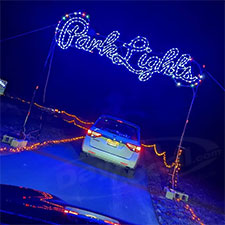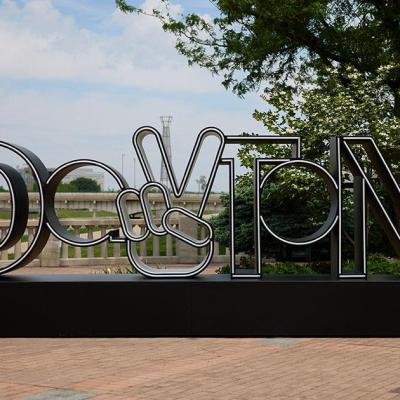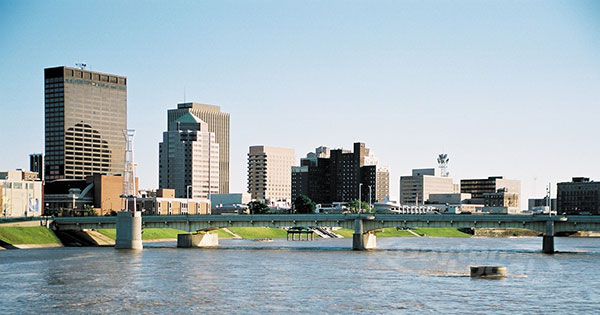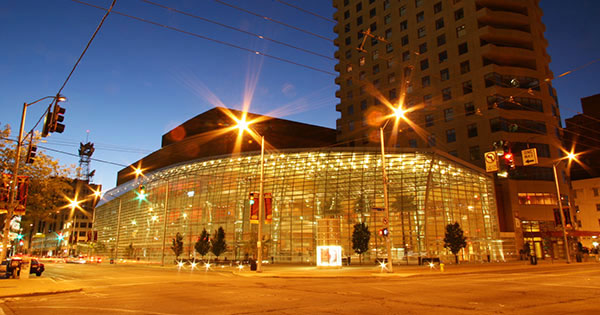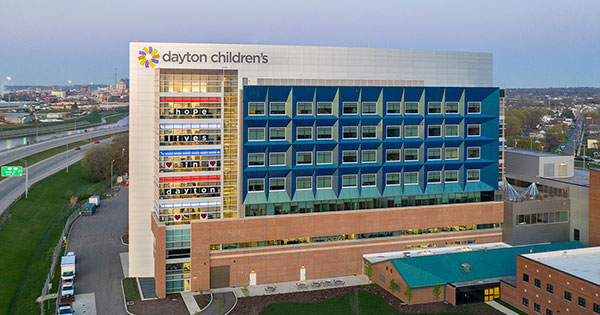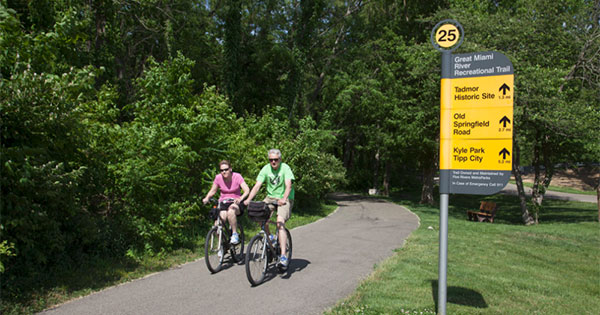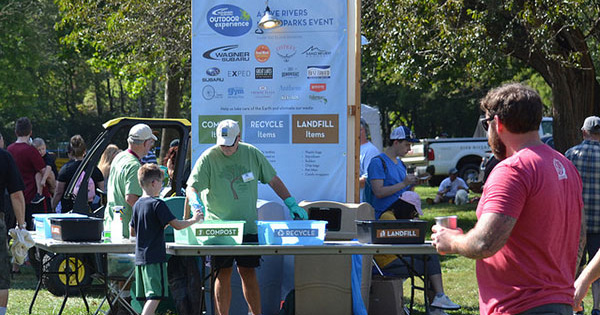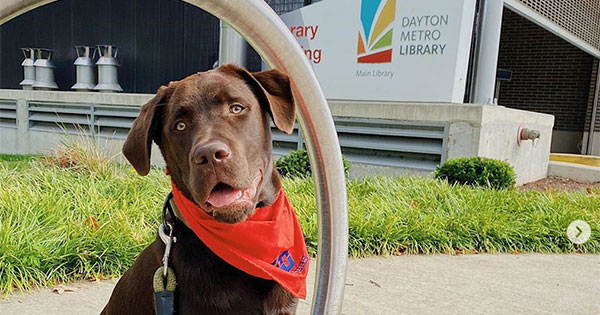How safe is that public Wi-Fi?

Everyday millions of us tap into a public network at a coffee shop, a hotel, or some other public location. We never really think twice about whether or not that network is really safe and secure. And then, something goes wrong.
How safe is that public Wi-Fi?
Everyday millions of us tap into a public network at a coffee shop, a hotel, or some other public location. We just go right ahead and connect to the network entering a password that probably hasn't been changed in the last five years. We never really think twice about whether or not that network is really safe and secure. And then, something goes wrong.
Recently, I've seen a couple cases where laptops have been hacked from public Wi-Fi networks at hotels while people were on travel. The person simply logged onto the hotel network and jumped on their email to check and see what was going on. Later that day or the next each of these people started getting emails from their professional colleagues asking if they had been hacked because they were receiving strange and sometimes embarrassing emails from them. The "hack-ees" never even knew it happened. The bad news is that this scenario plays out many, many times every day.
So, how did this happen? This happened by something known as a man-in-the-middle attack. A man-in-the-middle attack happens when someone puts a device or a program between your computer and the website you want to visit without your knowledge. By putting this "in between" your computer and the place you want to go it can intercept every piece of data that is being sent including usernames, passwords, contacts and other private information. You can imagine what can be done with this data.
So how can you protect yourself from these kinds of attacks? A few simple things can be done. One thing to do is to make sure that the websites you are using start their address with "https" not just "http". The "https" is for a secure and encrypted connection while the "http" is not. When using "https", even if data is captured by a man-in-the-middel, it is encrypted and cannot be deciphered by the bad guys.
If you must use public networks often consider using plugins for you browser such as HTTPS Everywhere or Force TLS. These programs use a secure communication connection whenever possible and try to avoid the "http" connection. In addition, always make sure your Windows or Mac firewall is turned on as this will prevent and tell you that s foreign program or device is trying to connect without your permission.
While these tips will help better your security, it is not a substitute for using a known secure and trusted network. If you travel a lot or need additional security for your data, consider buying your own Wi-Fi hotspot and then you can take your own private network with you.
If you need more information on how to protect your computer at home or while on the go, contact Computer Troubleshooters. We can help you determine what will work best for your situation.


